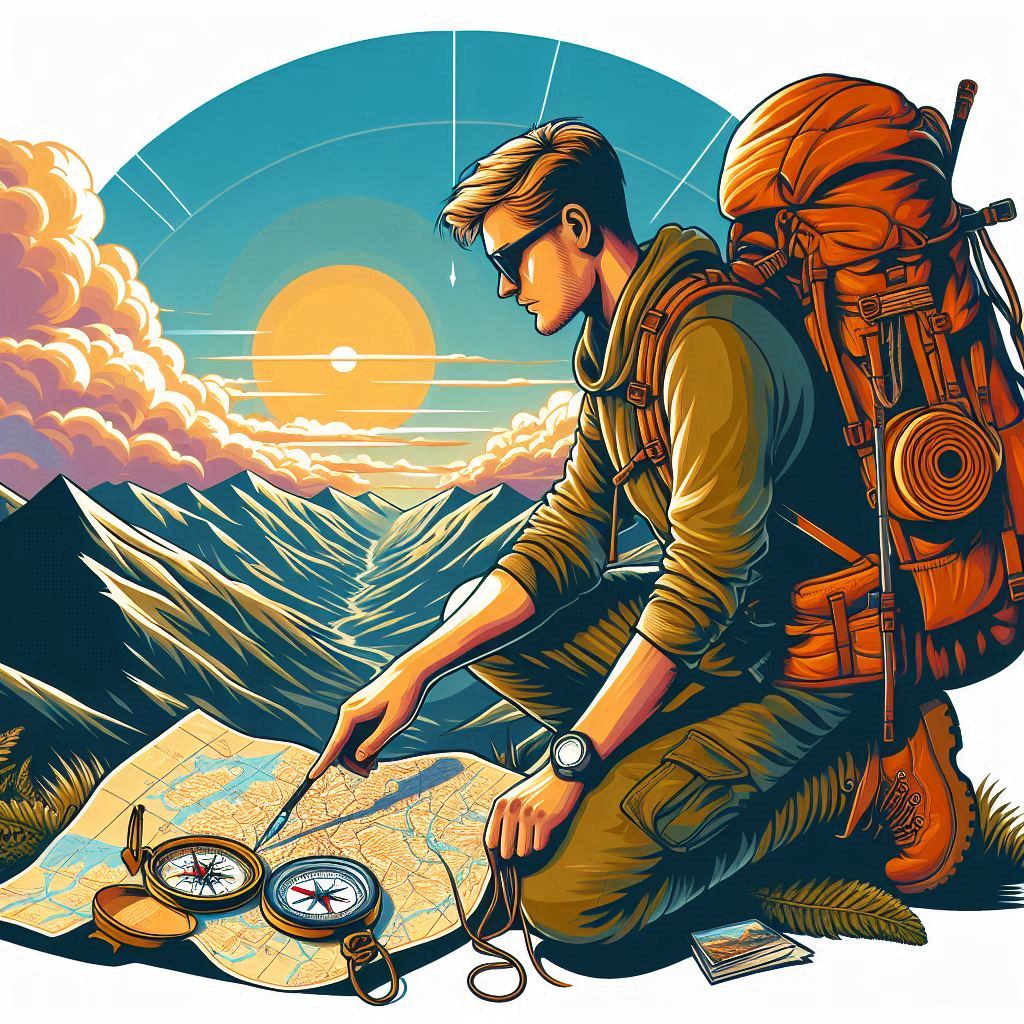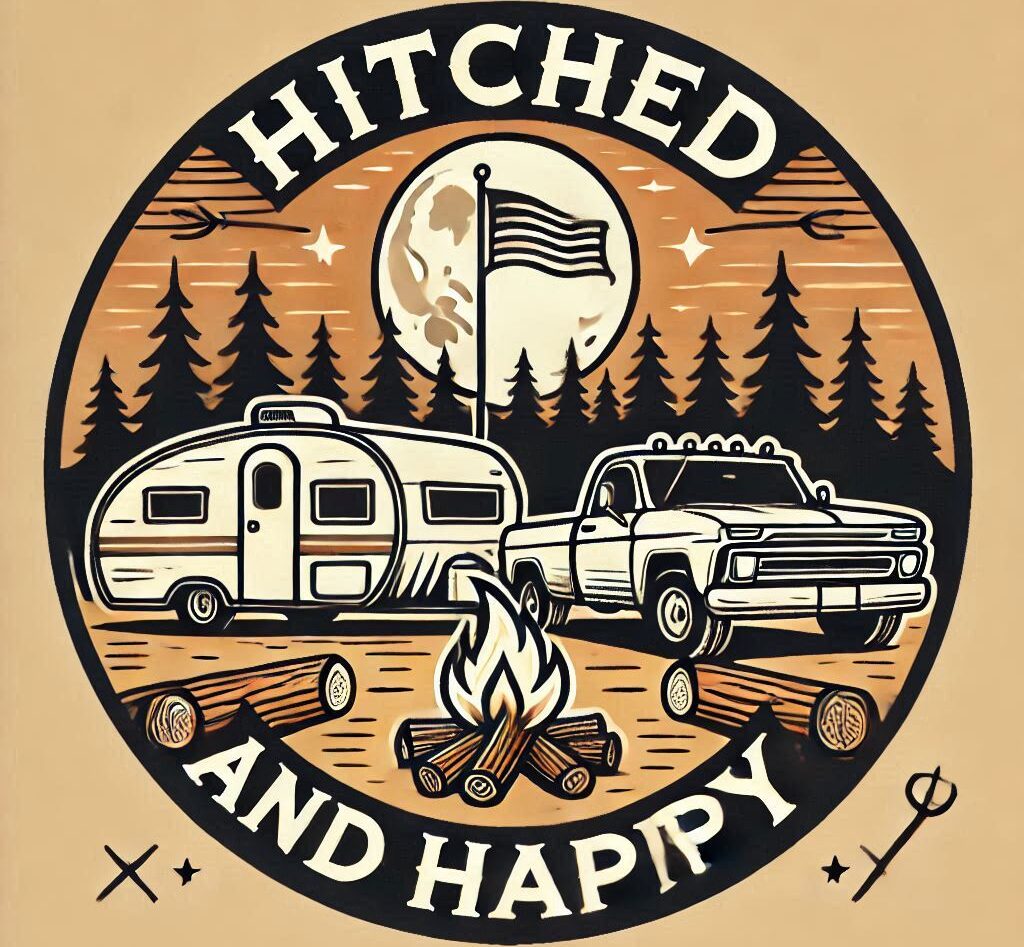Camping can be an awesome adventure, but it kicks off with some solid planning. Picking the right campsite matters. It’s all about comfort and safety. Think about proximity to water, elevation, and if you prefer solitude or more social vibes. Each site offers something unique, so know what you want.
Let’s talk gear. Without the right equipment, even the most idyllic site feels like a nightmare. Essentials like a sturdy tent, a warm sleeping bag, and a reliable flashlight can make all the difference. Don’t forget a first-aid kit, plus weather-appropriate clothing. The weather can change in a heartbeat, and it pays off to be ready for rain, sun, or chilly nights.
Staying weather-savvy is more than just checking the forecast. Understand the local climate, bring layers, and pack a rain fly for the tent. Unexpected weather events can be fun or a fiasco, depending on how prepared you are.
Lastly, respect the land and know the rules. Each park or site has its own guidelines, often designed to protect both nature and you. Following Leave No Trace principles is a must. Keep the beauty of nature intact for those who come after you. A good camper leaves nothing but footprints.
Navigation and Survival Skills: Empowering You to Thrive Outdoors

Hitting the trail without navigation skills? That’s a recipe for getting lost. Learning to read maps and use a compass isn’t just for Boy Scouts—it’s essential. GPS is great, but technology can fail. A good ol’ map and compass don’t rely on batteries.
Safety starts with knowing the hazards that might pop up at your campsite. From sneaky wildlife to unfriendly plants like poison ivy, knowing what to look out for keeps you a step ahead. Always check for area-specific dangers before setting up camp.
You don’t have to be a doctor to handle minor injuries, but basic first aid knowledge is invaluable. Packing a first-aid kit with bandages, antiseptics, and other basics can turn potential dramas into manageable moments.
Prepare for emergencies, even if you think they won’t happen. Understanding how to signal for help using different techniques, whether with a whistle or signaling mirror, ensures you’re never truly alone out there.
Fire and Cooking Techniques: Mastery in Outdoor Living
Campfires are classic and charming, but they come with rules. Building a safe fire means choosing the right spot—away from tents and trees—and circling it with stones. Keeping a fire under control and fully extinguishing it before you sleep or leave is basic campfire etiquette.
When it comes to cooking, variety keeps the experience fun. You could cook over an open flame or use a portable stove. Both have unique vibes. Trying out foil-wrapped meals or cast iron skillet recipes can make dinner an event to remember.
Staying safe with food means proper storage to ward off curious critters. Hanging food or using bear-proof containers is smart. Also, keeping your cooking area clean crosses off a lot of safety concerns right away.
Reducing your impact doesn’t mean sacrificing good eats. Dry food waste can be packed out or burned safely in the fire, and any trash gets carried back with you. It’s all part of leaving the camp just as inviting for the next folks.
Personal and Environmental Awareness: Cultivating a Respectful Camping Ethos
In the wild, you’re not alone. The local wildlife can add a magical touch to your camping trip. Keeping a respectful distance kicks off a great relationship with nature. Obey any signs about wildlife, and secure your food well to avoid unwanted visitors.
Staying fresh and clean in the great outdoors is a bit different. Choose biodegradable soaps and wash at least 200 feet from lakes and streams to protect water quality. A little hygiene goes a long way in keeping you comfortable and healthy.
Spending time in nature isn’t just refreshing—it’s an amazing mental reset. Embrace the calm, slow down, and let the natural beauty help shed everyday stress. Meditation or simply unplugging from your devices can make this time even more rewarding.
Bonding with fellow campers can make camping richer. Sharing tips, stories, or even meals builds a sense of community. Plus, teaming up in larger groups makes most tasks easier and safer.
Respect the environment and your camp neighbors, and you’ll find the wilderness opens up with experiences to cherish.
